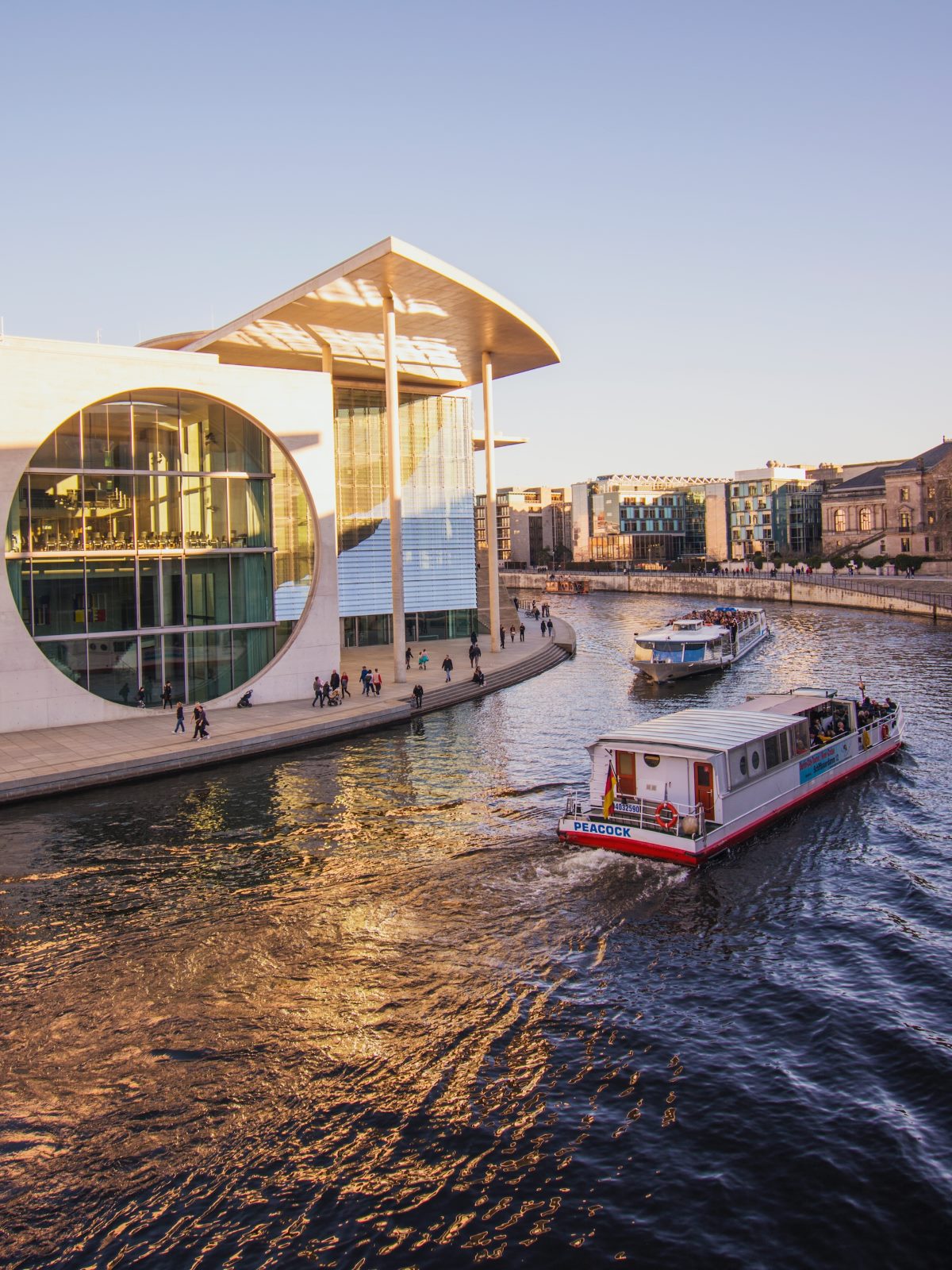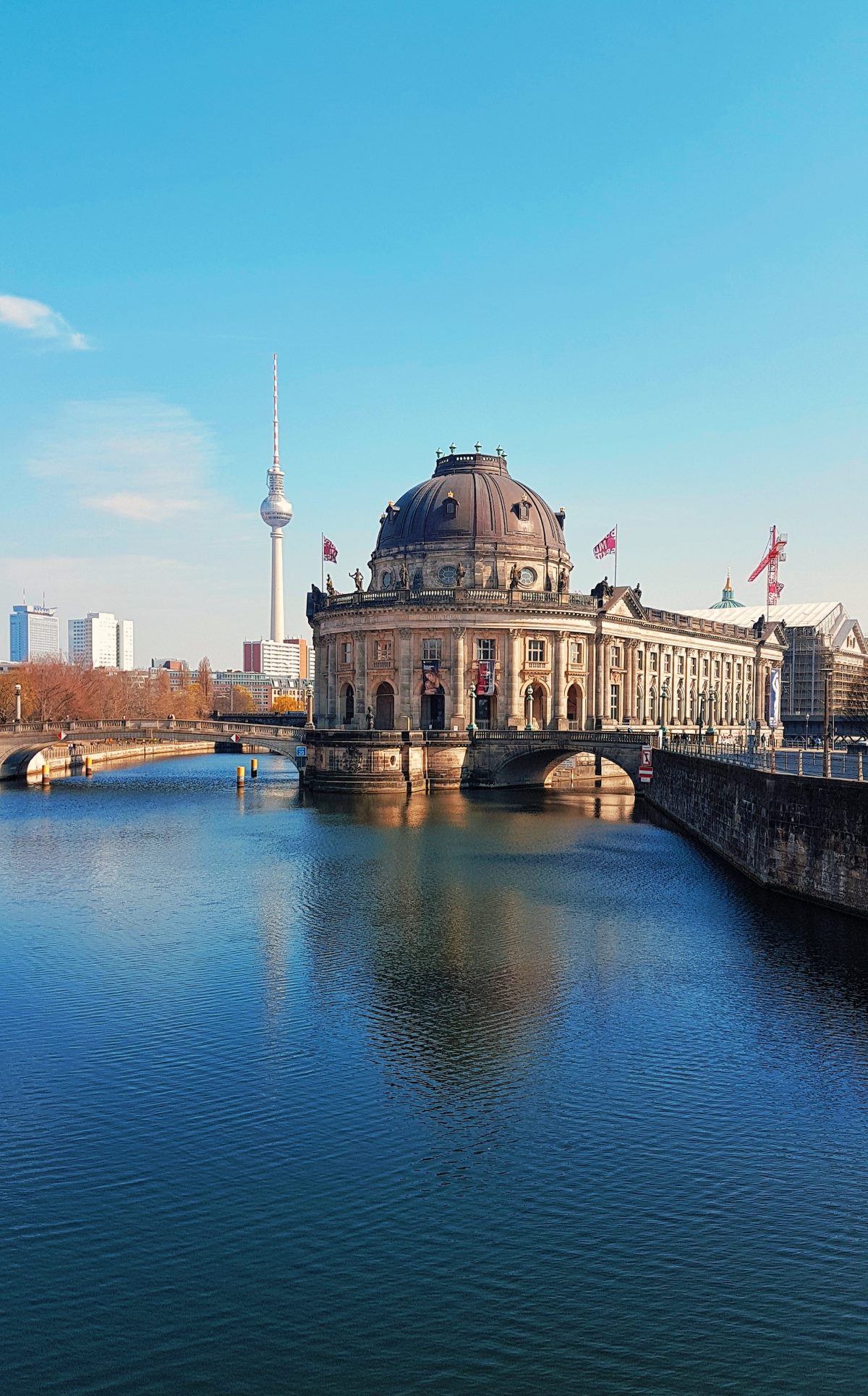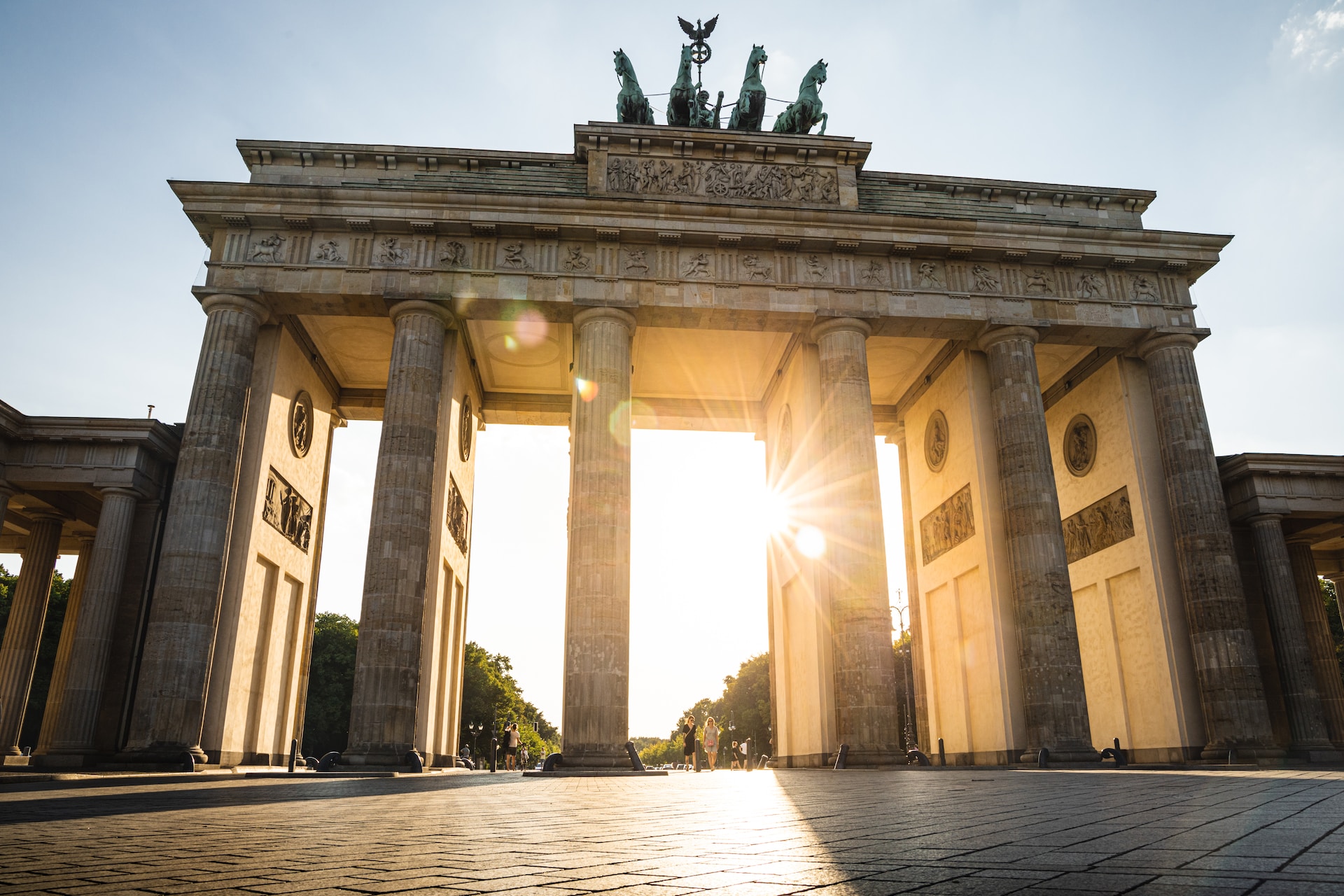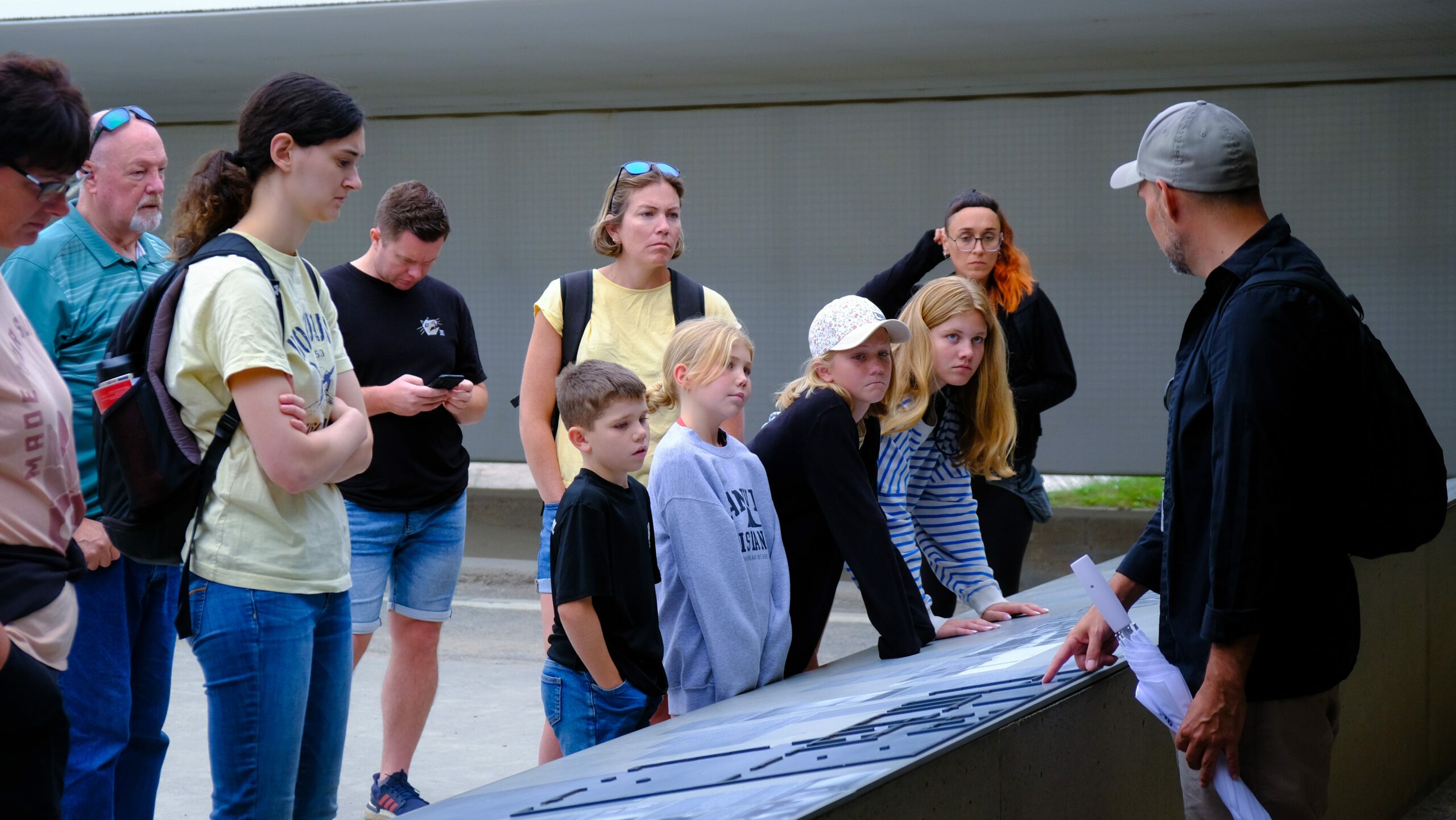The capital city of Germany Berlin showcases historical depth throughout its entire landscape. The historical treasure known as Spandau Citadel stands above every other site in Berlin. People who experience Spandau Fortress after its numerous centuries of existence will have a memorable encounter. The article demonstrates both the fundamental elements of Spandau Citadel and its essential historical value.
A Brief Overview
Spandau Fortress exists today in the Spandau district of Berlin after being constructed there since 1594. Europeans consider this Renaissance citadel to be one of its best-preserved construction remains due to builders completing work between 1559 and 1594. Since its inception for defense purposes against Berlin attacks the citadel turned into a military prison facility and treasury operations during its multiple operations.
Architecture and Surroundings
At the time of its building Spandau Citadel displayed excellent military architectural capabilities that existed in that era. Strategic functionality of the citadel can be seen in its advanced star-shaped defense structure with five bastions joined by fortified walls. A combination of the Havel River and Spree Canal together creates an island which defends the citadel from further dangers.
A main element of the citadel presents itself as this outstanding courtyard uniting historic structures and green spaces. The central feature of Spandau Citadel is its courtyard which both displays its main magnetism and functions as a transition from crowded urban areas. Berlin’s urban view can be seen all the way from the Julius Tower located at Spandau Citadel because it functions as the citadel’s observation platform.
Historical Significance
Spandau Citadel has experienced numerous important historical events from its founding over successive centuries. Inside the Thirty Years’ War period the citadel defended itself and the city against serial invasions thus preserving the metropolis from enemy aggressors. Throughout both World Wars Spandau Citadel functioned as a military prison that held important detainees among which was Adolf Hitler’s right-hand man Rudolf Hess.
The surviving strength of Berlin is commemorated by Spandau Citadel’s present-day existence. Today the former fortress exists as a museum complex that tells Berlin City history through interesting exhibitions. Guests at the citadel can explore the extensive underground passageways while they experience medieval weapon displays together with historical backgrounds of past inhabitants who inhabited the fortifications.
Visiting Spandau Citadel
Several important points below will assist you if Spandau Citadel is on your visit list.
1. Opening Hours and Admission
The Spandau Citadel welcomes access for all visitors throughout an entire year. Guests can find Spandau tourists facility operating hours by consulting the official website due to its changing schedules throughout the year. The affordable admission policy works because Spandau welcomes students at discounted rates and both family groups and senior citizens receive reduced prices.
2. Guided Tours
Understanding the complete historical nature of Spandau Citadel becomes much easier when visitors join guided tours. Guides with tour qualifications show visitors throughout Spandau Fortress where they share historical insights combined with entertaining stories about the site. Throughout its premises the facility broadcasts sound recordings in various languages which offer complete access to all content for visitors arriving from different cultural backgrounds.
3. Events and Activities
Spandau Citadel organizes throughout the year different calendar events combining historical performances with concerts and theatrical plays. Spandau Citadel gives its guests the unique opportunity to witness history come to life as an active site of various energetic activities.
4. Nearby Attractions
The sites located near the Spandau Citadel demand time from all visitors. The historic Spandau Old Town featuring medieval buildings among its cobblestone streets can be reached through a quick walking distance. Visitors may take pleasure in touring the Havel River aboard boats that showcase natural beauty.
In Conclusion
Spandau Citadel reveals historical mysteries from its past to both locals and visitors of Berlin. The citadel impresses visitors because it shows historical exhibits along with architectural masterpieces which attract both history aficionados and typical sightseers. Experience the extraordinary site since it holds many interesting stories within its boundaries.
Table of Contents




